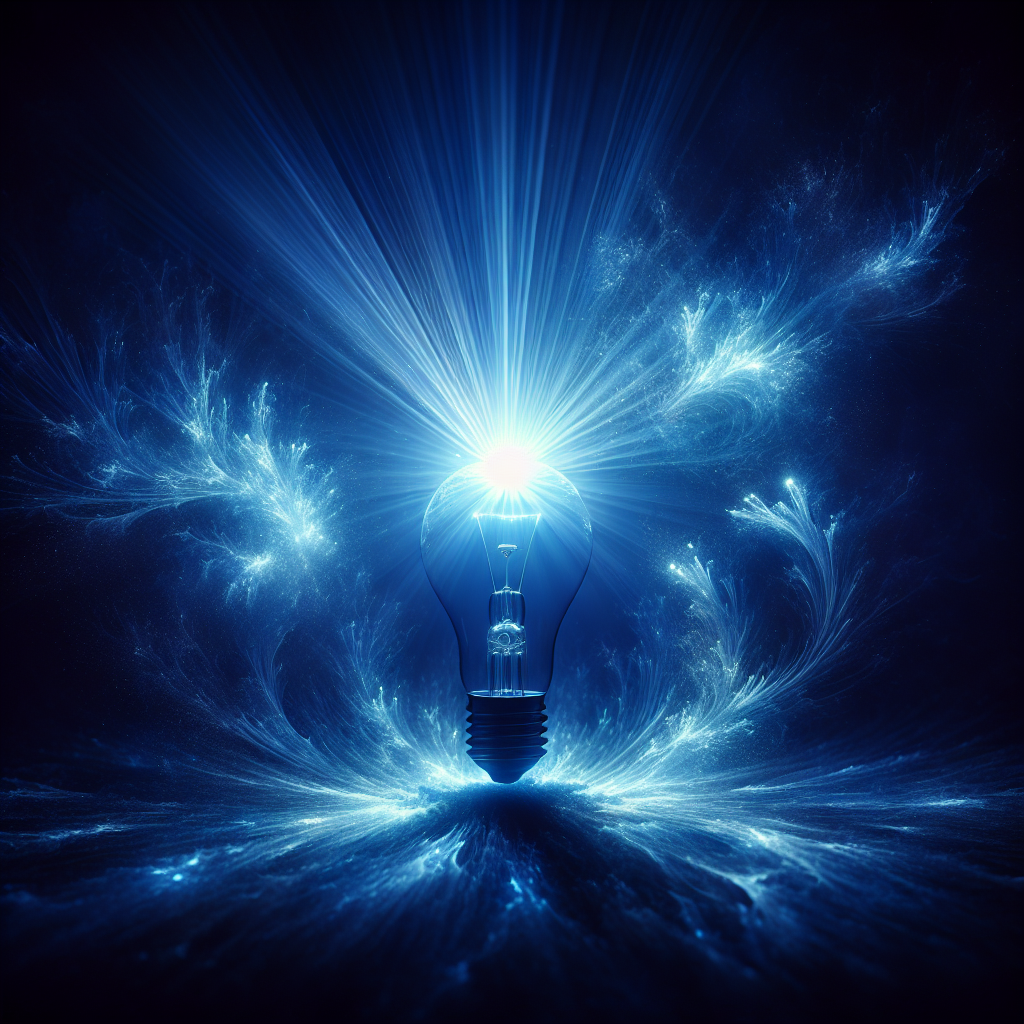Debunking the Blue Light Myth: Insights from Comprehensive Sleep Studies
Despite popular beliefs, new research from sleep experts in Sweden, Australia, and Israel reveals that blue light from screens has a minimal impact on sleep, with disruptions averaging less than three minutes. Comprehensive studies highlight that the relationship between technology use and sleep is complex, with factors like content and individual habits playing significant roles.

- Country:
- Australia
Adelaide, Aug 21 (The Conversation) – Extensive research from sleep experts in Sweden, Australia, and Israel refutes the pervasive belief that blue light from screens significantly disrupts sleep. Their study shows that the average sleep disruption caused by blue light is less than three minutes.
The research, which analyzed data from 73 independent studies involving 113,370 participants, presents a more nuanced relationship between technology use and sleep. While there is a link, it is not solely dependent on blue light but also on individual habits and content consumed.
The study suggests that factors like stress reduction, social pressures, and personal habits contribute more to sleep disruption than blue light. It emphasizes the importance of understanding personal sleep needs and technological interactions to mitigate sleep issues effectively.
(With inputs from agencies.)










